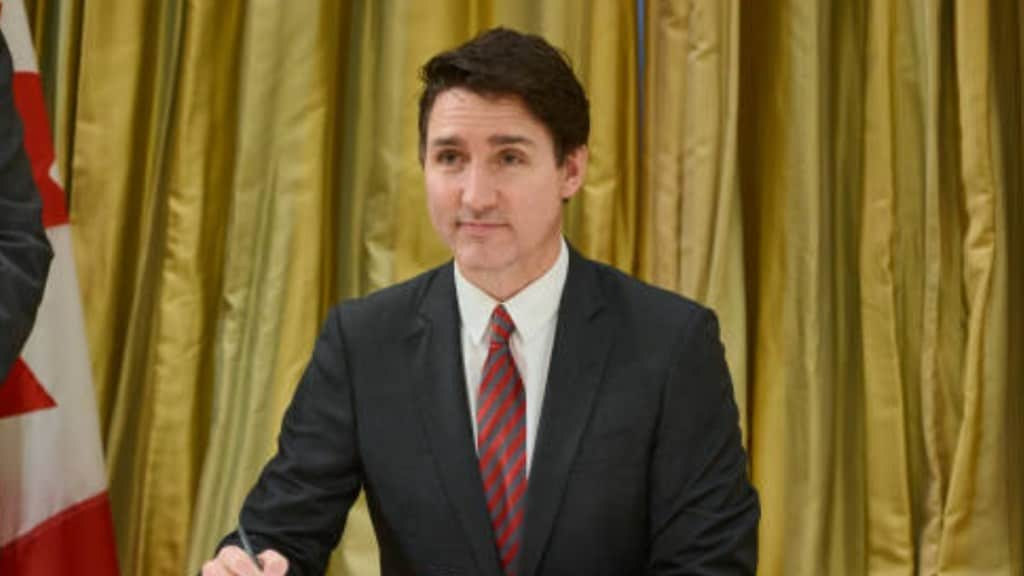Canadian Prime Minister Justin Trudeau is expected to announce his resignation this week as he faces growing criticism within his Liberal Party, according to The Globe and Mail. The newspaper, citing three anonymous sources familiar with party discussions, reported that Trudeau’s announcement could come as early as Monday, ahead of a national Liberal Party caucus meeting on Wednesday. It remains uncertain whether Trudeau will stay on temporarily while the party searches for a new leader.
Trudeau came to power in 2015, leading the Liberals to two more election victories in 2019 and 2021. However, he now trails Conservative leader Pierre Poilievre by 20 points in public opinion polls. Several factors are believed to have led to his likely resignation:
Poor poll performance: Current surveys show the Liberal Party is on track for a major defeat to the opposition Conservatives in the next federal election, which must occur by late October.
Corruption scandal: Trudeau is embroiled in a major controversy involving the now-defunct Sustainable Development Technology Canada (SDTC). This billion-dollar fund, meant for green technology projects, was shut down after the Auditor General discovered conflicts of interest and misuse of funds. Millions of dollars were allegedly given to ineligible recipients and projects unrelated to green technology. Critics argue that Trudeau’s recent accusations against India were an attempt to divert attention from this scandal.
Party pressure: Trudeau has faced months of mounting pressure from Liberal lawmakers to resign. This pressure intensified after Finance Minister Chrystia Freeland resigned on December 16, citing disagreements with Trudeau over fiscal policies, including strategies to counter Trump’s planned 25% tariffs on Canadian imports. After Freeland’s resignation, several of Trudeau’s close advisors reportedly doubted his ability to withstand the political fallout.
Internal dissent: More than 20 Liberal Members of Parliament have publicly called for Trudeau to step down. Others have privately insisted that his departure is necessary. The Liberals currently hold 153 seats in the House of Commons, including Trudeau’s.
Humiliating exchanges with Trump: In November, Trudeau visited Florida to meet with former U.S. President Donald Trump to avoid a trade war. However, Trump has since mocked Trudeau on social media, referring to him as “governor” of Canada and suggesting that Canada could become the 51st U.S. state.
Broken promises and governance challenges: Trudeau entered office in 2015 with promises of “sunny ways,” pledging to promote women’s rights, fight climate change, and adopt progressive policies. However, years of governance challenges, including the pandemic, have eroded his popularity and his image as a transformative leader.
Allegations against India: Trudeau has been accused of using allegations against India to strengthen his support among his Khalistani vote base. Critics argue that these claims, made during a time of internal political turmoil and corruption allegations, were a strategy to distract from domestic issues. Many Canadians viewed the allegations with skepticism, further damaging Trudeau’s credibility.
These factors are believed to have created significant political challenges for Trudeau, raising doubts about his ability to lead the Liberal Party through the next election. His potential resignation marks a pivotal moment for Canadian politics as the Liberals prepare to redefine their leadership and direction.

